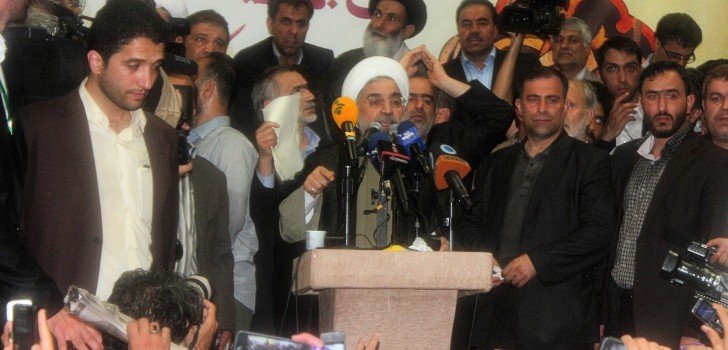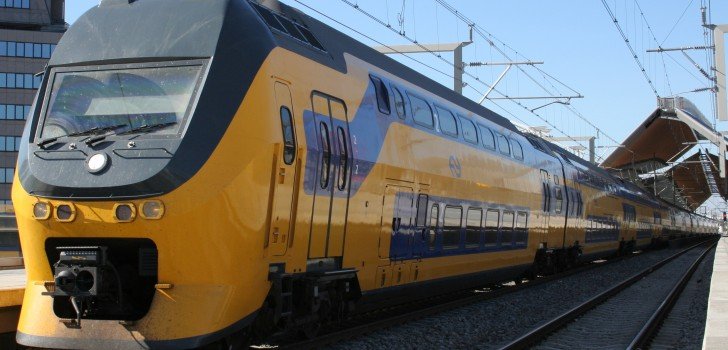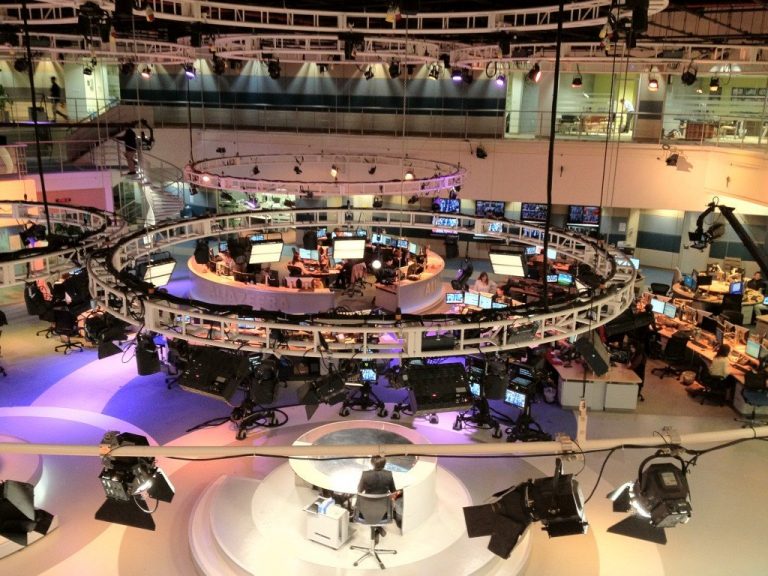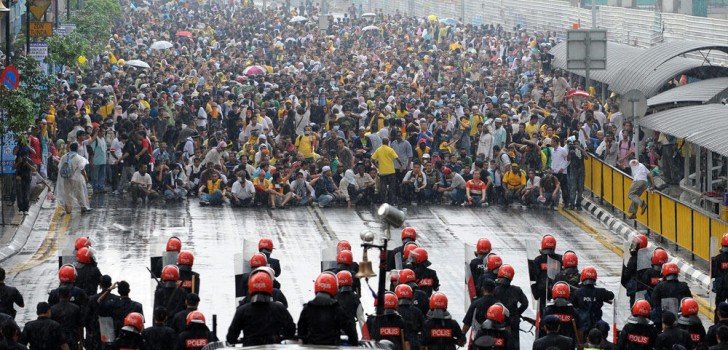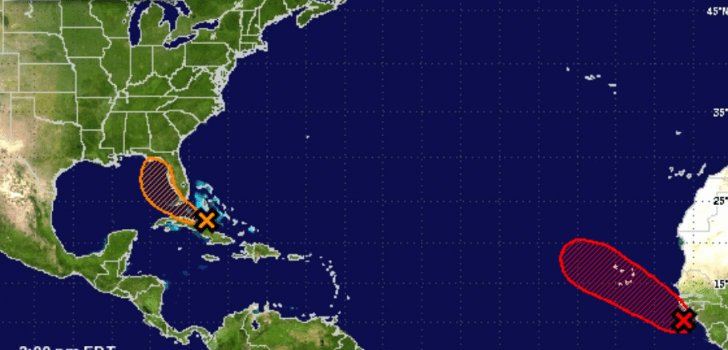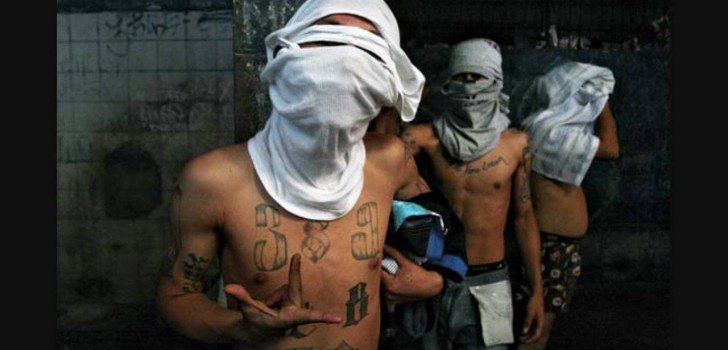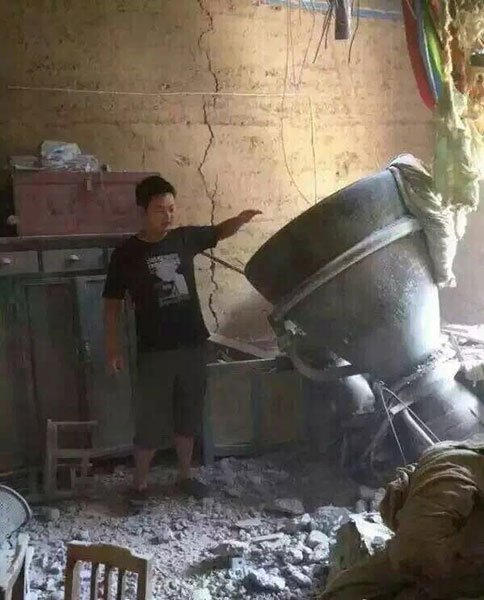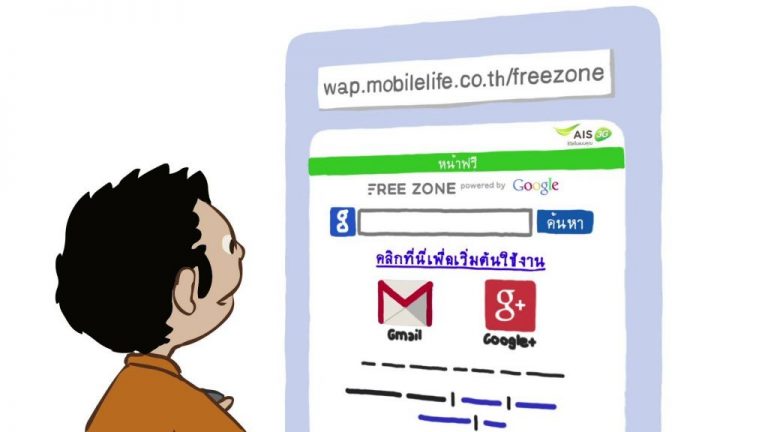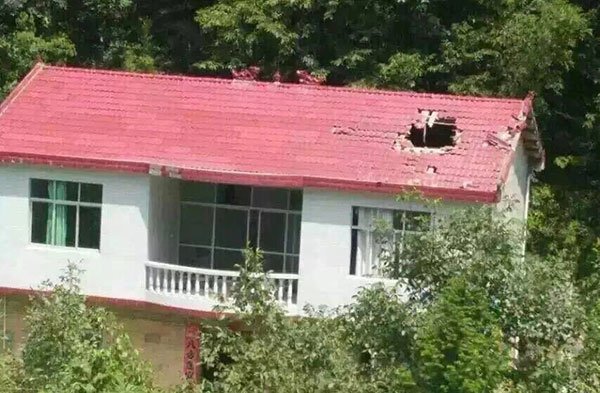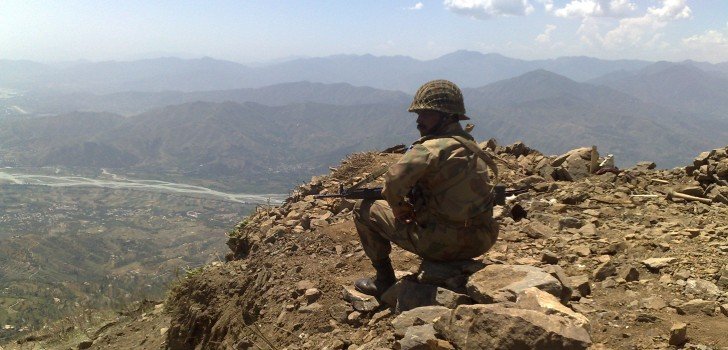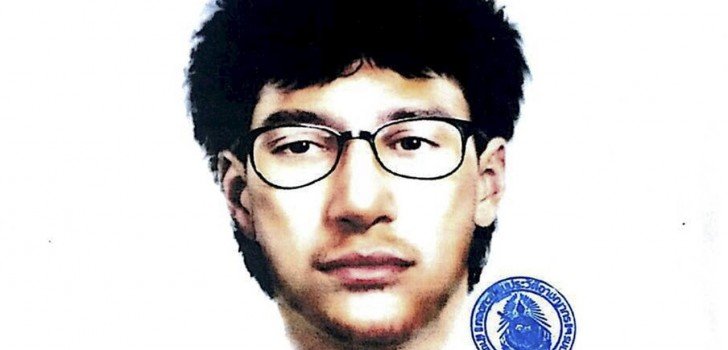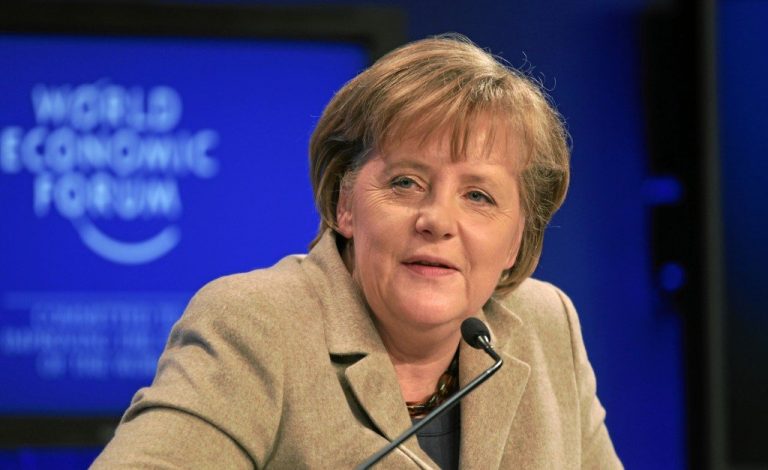In order to prevent a binding condition on adherence to the recent nuclear deal between Iran and the U.S., president Hassan Rouhani says he opposes a parliamentary vote on the agreement. If the deal were ratified by the legislature, the terms would become legal obligations, a condition Rouhani stated that he wishes to avoid placing upon his country.
The deal is to be voted on soon by a U.S. Congress that has critics from both the Republican and Democrat parties sceptical of the deal.
President Obama has vowed to veto a rejection of the deal by Congress, and similar deals are also moving forward by both the United Nations and European Union. In light of that fact, the Obama administration has warned of the possibility that the U.S. might be left behind the international community if it were to continue a policy of non-engagement with Iran.
Rouhani’s description of the deal as a “political understanding,” characterizes what has been claimed as a landmark achievement by the Obama administration, as a marketing product. Iran would like the worldwide headlines and the lifting of sanctions yet has little will to actually be bound to any agreement.
Rouhani also stated that Iran would implement the terms voluntarily. So-called “snap back” provisions in the deal would allow for U.S. sanctions to be re-implemented if Iran is found to have failed at any of its commitments.
Marketing is of course an important portion of politics, and an advantage of this deal could come in the form of a new asset in the fight against radical Islam. While the U.S. fights a limited war against the Sunni-Islamic group ISIS, a better relationship with predominantly Shia Iran could improve America’s strategic options in the region, which is seeing an increase in clashes between Sunni and Shia Muslims amid the rapid spread of ISIS.
Although Iran is currently subject to a UN arms embargo, Russia has acted against the measure in a recent move to provide delivery of four S-300 air defense missile systems. Previous deals for the S-300 were suspended in 2010 under western pressure, but poor economic conditions in Russia have led to the nation’s decision to move ahead with the deal.
Iran also continues to support the al-Assad regime in Syria, and the Houthi rebellion in Yemen, but U.S. leaders have decided to pursue engagement over isolation in the pursuit of its regional interests. Just how engaged Iran would like to be remains to be seen.
